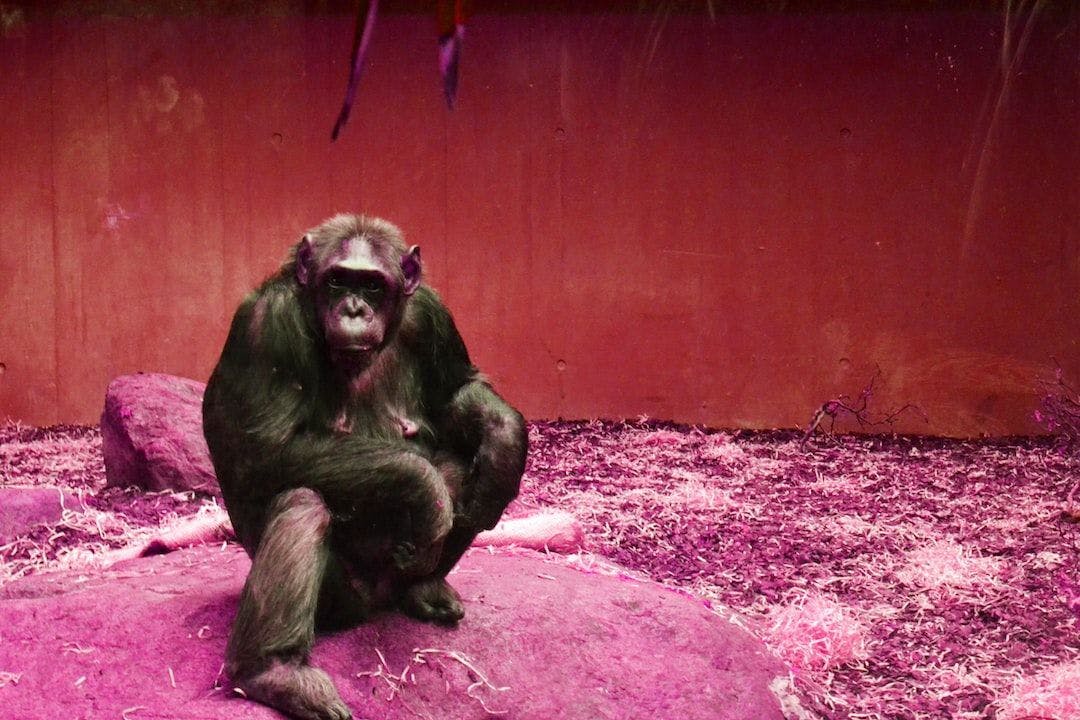411 reads
Hard Question of AI: How Would we Tell if aI Was Sentient
by
March 3rd, 2023
Audio Presented by

Author of Fluidity - the way to true DemoKratia and a novel Hunting Butterflies. Ideas man and thinker.. of sorts
About Author
Author of Fluidity - the way to true DemoKratia and a novel Hunting Butterflies. Ideas man and thinker.. of sorts
